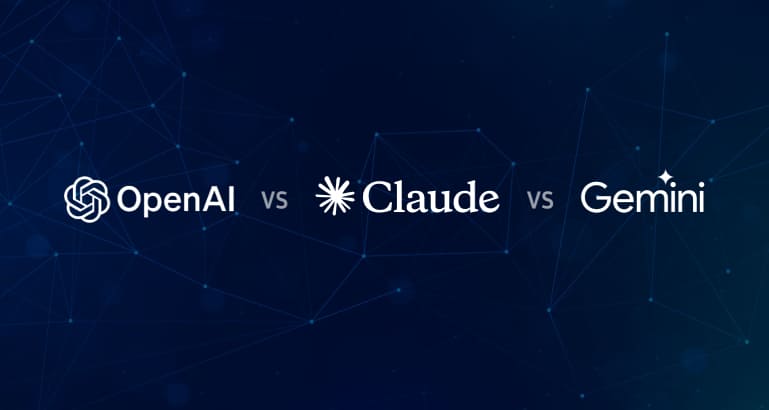Unlocking the Universe with Blockchain: The Future of the Space Industry
Introduction
In today's rapidly evolving technological landscape, blockchain has emerged as a groundbreaking technology with the power to revolutionize various sectors. While traditionally associated with cryptocurrencies, its potential extends far beyond the realm of finance. One industry that stands to greatly benefit from blockchain is the space industry. By leveraging the inherent security, transparency, and decentralization offered by blockchain, we can unlock a multitude of opportunities and tackle the challenges that have impeded further advancements in space exploration.
Understanding the Concept
At its core, blockchain is a decentralized digital ledger that records transactions across multiple computers, ensuring transparency and immutability. This technology boasts key features of security, traceability, and reliability, making it an ideal fit for the space industry. With the vast amount of data generated during space missions, the need for a robust and secure system to manage, store, and analyze this data is paramount. Blockchain provides a solution to these challenges.
Opportunities
1. Increased Data Security
The space industry deals with sensitive information, including satellite data, communication protocols, and even astronaut health records. By harnessing the cryptographic nature of blockchain, we can guarantee enhanced data security. The decentralized nature of the technology ensures that the information is not stored in a single vulnerable location, reducing the risk of a single point of failure or malicious attacks.
2. Enhanced Supply Chain Management
The space industry relies heavily on a complex network of suppliers, manufacturers, and distributors. Blockchain can streamline this intricate supply chain by providing an immutable and transparent ledger of all transactions. From tracking the components of satellites to monitoring the transportation and delivery of space equipment, blockchain ensures a trusted and efficient supply chain management ecosystem.
3. Smart Contracts for Collaboration
The collaboration between different entities within the space industry often involves complicated agreements and contracts. Blockchain's smart contract capabilities allow for the automation and execution of these agreements without intermediaries. This eliminates the need for trust-based relationships and reduces the possibility of human error in contract execution. Smart contracts foster a seamless collaboration, enabling the space industry to thrive on efficient and secure partnerships.
Challenges
1. Scalability Issues
While blockchain holds immense potential, scalability remains a challenge. The space industry deals with vast amounts of data, and the current blockchain technology could face limitations in accommodating such massive datasets. Therefore, further research and innovation are needed to scale blockchain solutions to meet the demands of the space industry.
2. Regulatory Frameworks
The implementation of blockchain in the space industry requires clear regulatory frameworks to ensure compliance and standardization. As this technology evolves, it is crucial to establish guidelines that address safety, privacy, and legal concerns. Collaboration between government agencies, space organizations, and blockchain experts is vital to navigating the regulatory landscape effectively.
3. Interoperability
The successful integration of blockchain technology within the space industry necessitates interoperability among various stakeholders. As different organizations and countries work together on space missions, establishing common standards, protocols, and formats becomes essential. Blockchain solutions must be compatible and seamlessly connect disparate systems for effective data exchange and collaboration.
Use-Cases
1. Satellite Data Management
Blockchain technology can revolutionize the way satellite data is managed and shared. By utilizing blockchain-based platforms, data can be securely stored and accessed by authorized parties. This eliminates the need for intermediaries, reduces costs, and enhances data integrity. Furthermore, blockchain's immutability ensures that the authenticity and accuracy of satellite data are maintained, allowing for improved analysis and decision-making.
2. Tokenizing Space Assets
Blockchain enables the tokenization of physical assets, including satellites and space equipment. By creating digital representations of these assets on the blockchain, ownership can be easily transferred, fractional ownership can be established, and investment opportunities within the space industry can be democratized. This opens up new avenues for funding and encourages greater participation from individuals and organizations.
Conclusion
The convergence of blockchain technology and the space industry holds incredible potential. From ensuring data security and streamlining supply chain management to enabling efficient collaborations and revolutionizing asset ownership, blockchain's impact will be far-reaching. As the space industry continues to push the boundaries of exploration and discovery, harness the power of blockchain with Nu10’s team of blockchain experts to unlock new frontiers, and accelerate your journey into the vast universe.
About Author
Dr. Phaneender Aedla
Dr. Phaneender Aedla has over 24 years of experience in handling and managing petabyte-scale data systems. He blends deep technical acumen with strategic vision, and aims to drive intelligent, sustainable innovation through co-creative partnerships that unlock true business value.









